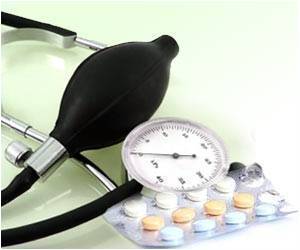A drug commonly used to treat heart conditions, Digoxin, was associated with a 72 percent higher rate of death among adults with newly diagnosed systolic heart failure.

Digoxin is a drug derived from digitalis, a plant that has been used for more than 200 years to treat heart failure.
"These findings suggest that the use of digoxin should be reevaluated for the treatment of systolic heart failure in contemporary clinical practice" said Alan S. Go, MD, senior author of the study and research scientist at the Kaiser Permanente Division of Research.
The results of this study contrast with the findings of a randomized trial by the Digitalis Investigation Group conducted between 1991 and 1993, which showed that digoxin did not lower mortality among therapy patients with systolic heart failure, or, a malfunction in the way the left ventricle of the heart pumps blood. Following the group's study, professional societies issued clinical guidelines endorsing the use of digoxin for patients with systolic dysfunction.
The current study was conducted among 2,891 adults within Kaiser Permanente in Northern California who had newly diagnosed systolic heart failure between 2006 and 2008 and no prior digoxin use. Eighteen percent of the participants initiated digoxin during the study period.
Researchers followed the patients through December 31, 2010, to evaluate the effectiveness and safety of digoxin therapy. They found that digoxin use was associated with higher mortality but no significant difference in the risk of heart failure hospitalization.
There were 1,723 hospitalizations for heart failure overall (1,596 off digoxin, 127 on digoxin). However, after adjustment for potential confounders, digoxin use was not significantly associated with hospitalization for heart failure.
Source-Eurekalert
 MEDINDIA
MEDINDIA




 Email
Email










